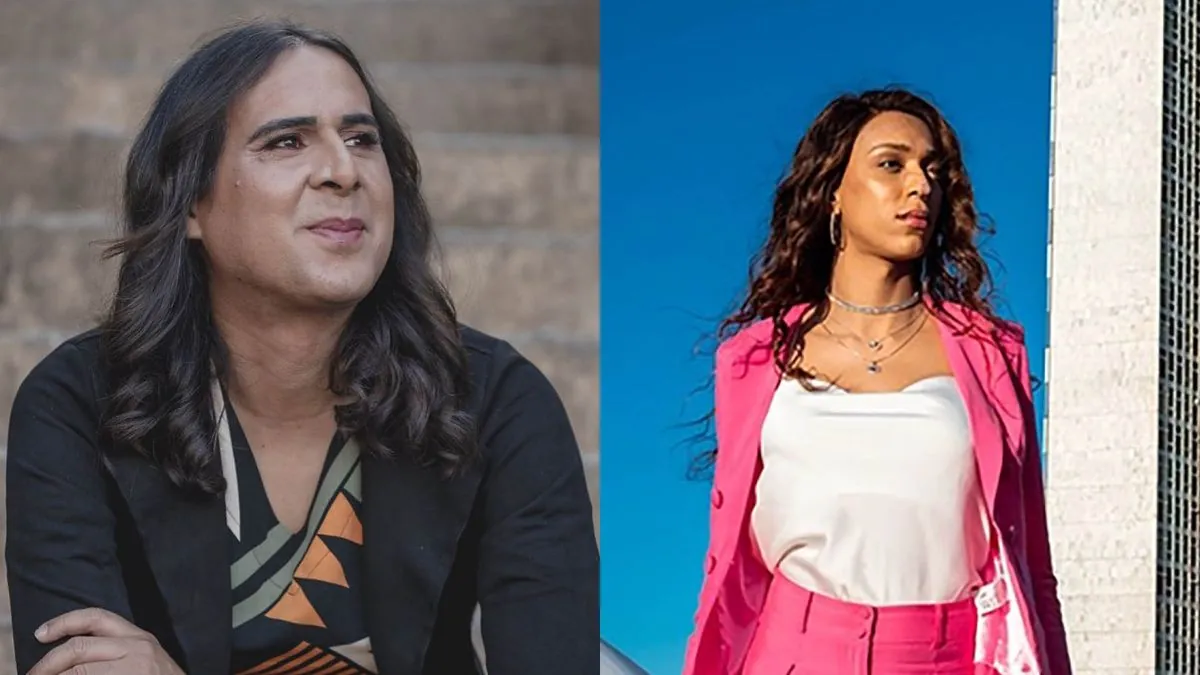In a significant shift for Brazil's political landscape, the country is witnessing an unprecedented surge in transgender candidates for the upcoming local elections on October 6, 2024. The number of trans politicians running for office has tripled since the last local elections in 2020, with nearly 1,000 candidates participating across all 26 states of Brazil, the largest country in South America.
This increase in representation comes at a time when Brazil, with its population of over 213 million, continues to grapple with transphobia and violence against the LGBTQ+ community. Despite the country legalizing same-sex marriage in 2013 and implementing various policies to combat discrimination, transgender individuals face significant challenges in the political arena.
The political climate in Brazil has been particularly tumultuous for trans politicians. The legacy of former far-right President Jair Bolsonaro, who lost his re-election bid to leftist Luiz Inácio Lula da Silva in 2022, has left a lasting impact on the discourse surrounding LGBTQ+ rights. Incidents of transphobic rhetoric from elected officials have been reported, such as federal lawmaker Nikolas Ferreira's controversial actions on International Women's Day in March 2023.
"Bolsonaro had inflamed transphobia and that she has had to stare down people shouting death threats to her face."
The experiences of trans candidates reveal the dangers they face. Leonora Áquilla survived an assassination attempt just eight days ago, on September 26, 2024, while campaigning in São Paulo. Similarly, Benny Briolly, a city councilwoman seeking re-election, has received over 700 death threats, some referencing the tragic fate of Marielle Franco, an LGBTQ+ rights champion assassinated in March 2018.
Despite these challenges, trans politicians remain resilient. Duda Salabert, who made history in 2022 as one of the first trans women elected to Brazil's lower house of Congress, is now running for mayor in Belo Horizonte, potentially becoming the first trans mayor of a major Latin American city.
The increase in trans representation in politics is part of a broader trend of progress for LGBTQ+ rights in Brazil. The country's constitution prohibits discrimination based on sexual orientation, and the Brazilian Supreme Court recognized transgender individuals' right to change their legal name and gender in 2018. The national health system provides free gender reassignment surgery and hormone therapy for trans individuals.
Brazil has also implemented various initiatives to support the LGBTQ+ community, including a National LGBT Rights Council established in 2001, a national hotline for reporting discrimination, and the observance of a National Day Against LGBTphobia on May 17th. Some political parties have even implemented quotas for transgender candidates.
As Brazil prepares for its local elections, the growing presence of trans politicians represents both progress and ongoing challenges. Their participation is reshaping the political landscape and challenging societal norms, despite the threats and discrimination they continue to face.
Benny Briolly encapsulates the spirit of this movement, stating, "When a Black trans woman moves, she moves the whole of society." As Brazil moves forward, the impact of these trailblazing candidates may well extend far beyond the ballot box, influencing social attitudes and paving the way for greater inclusivity in the nation's political future.
